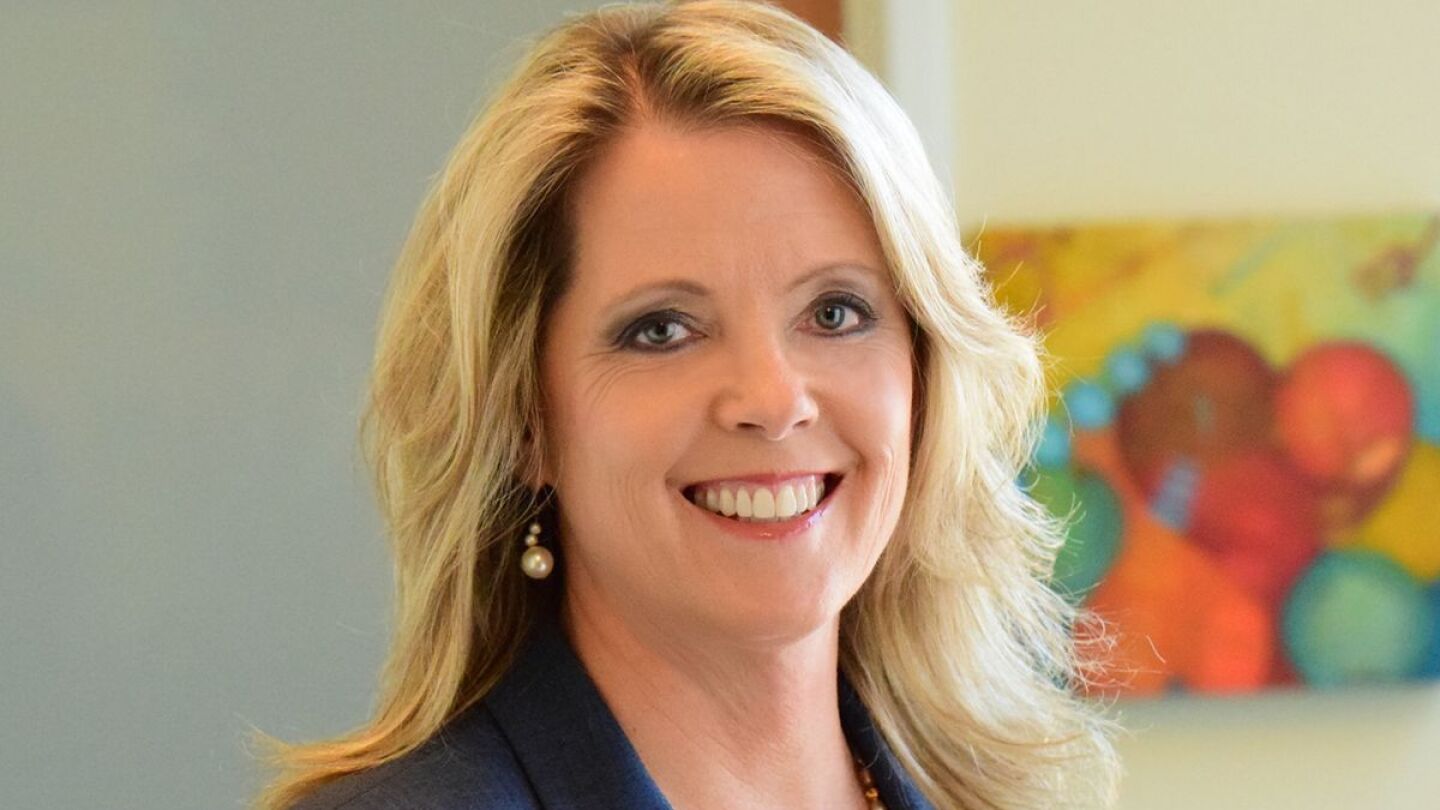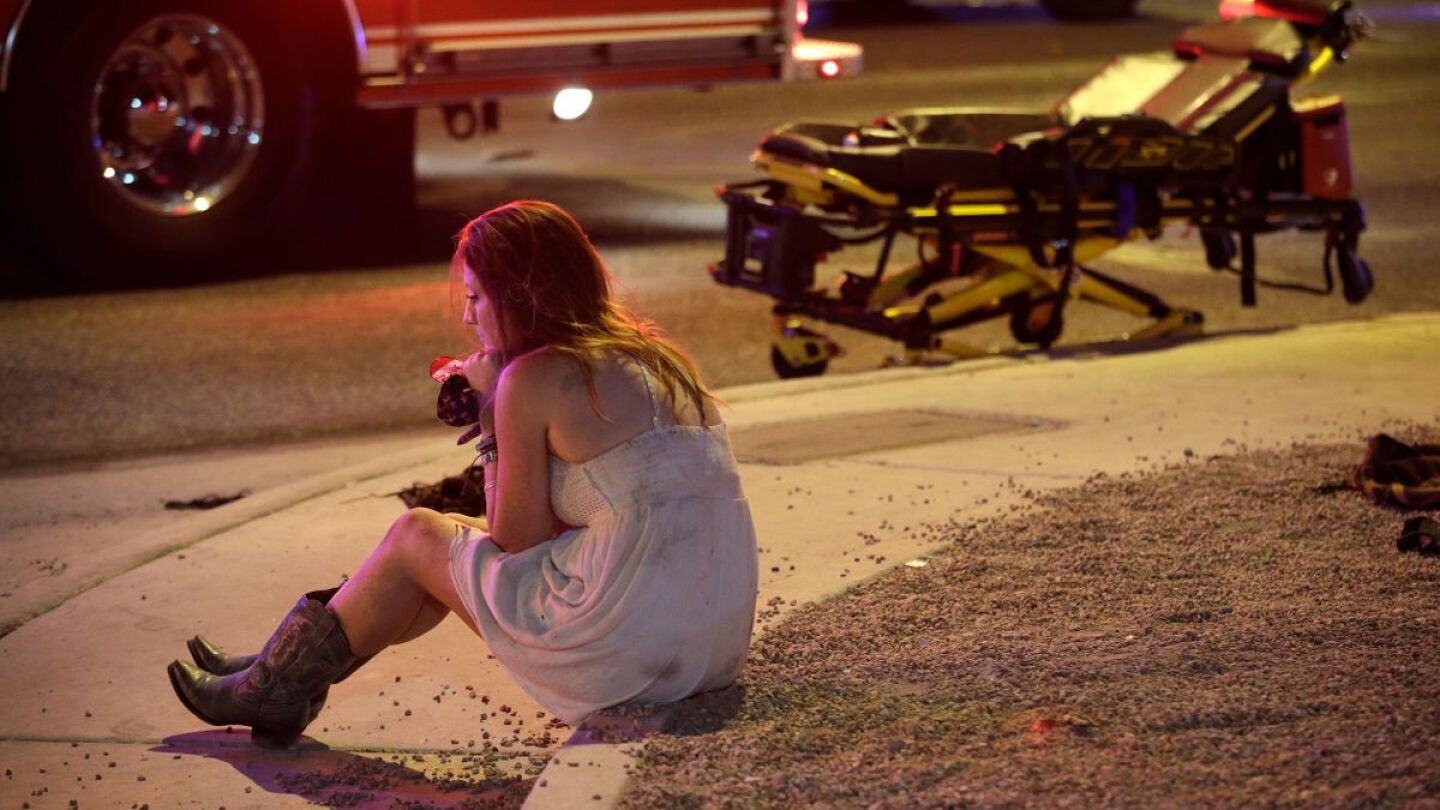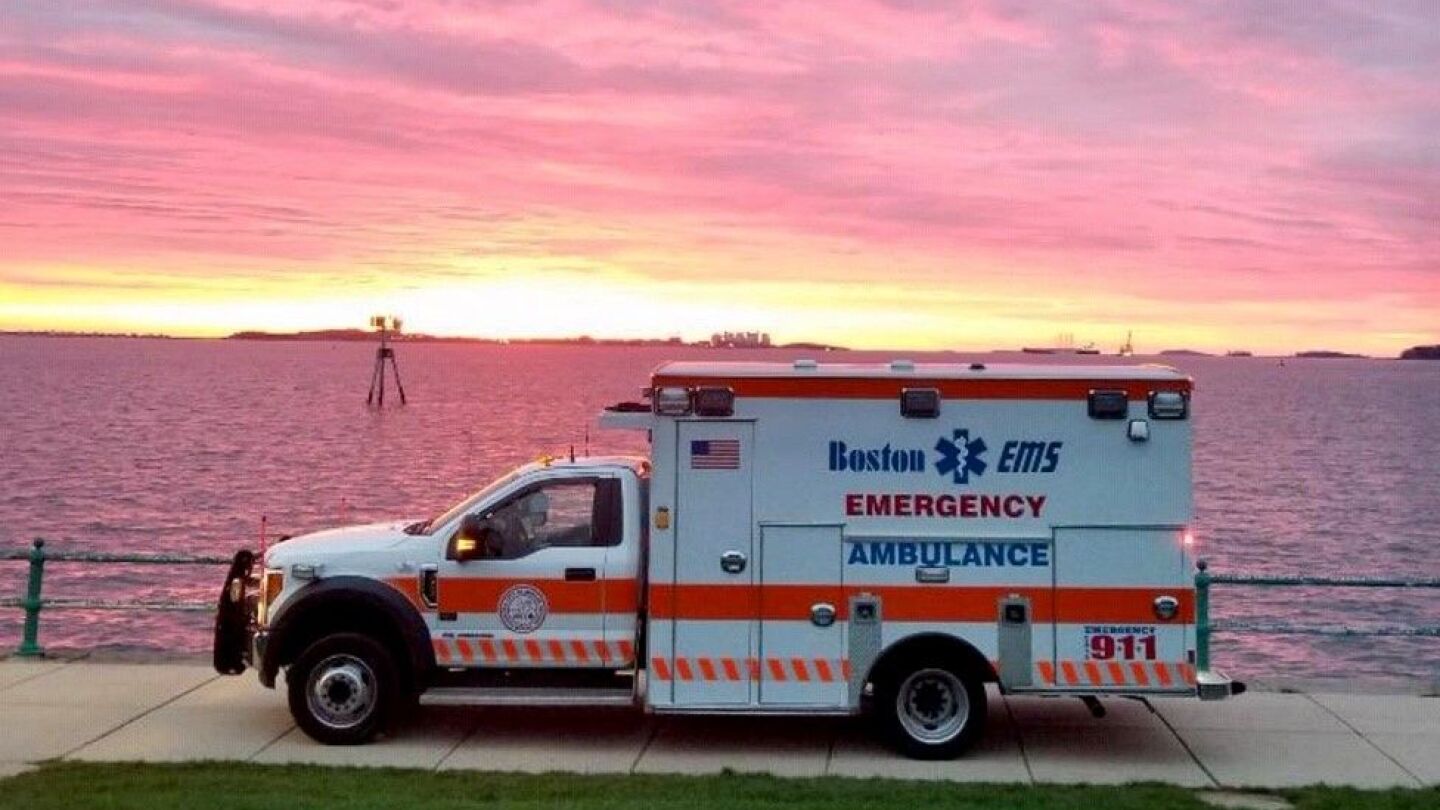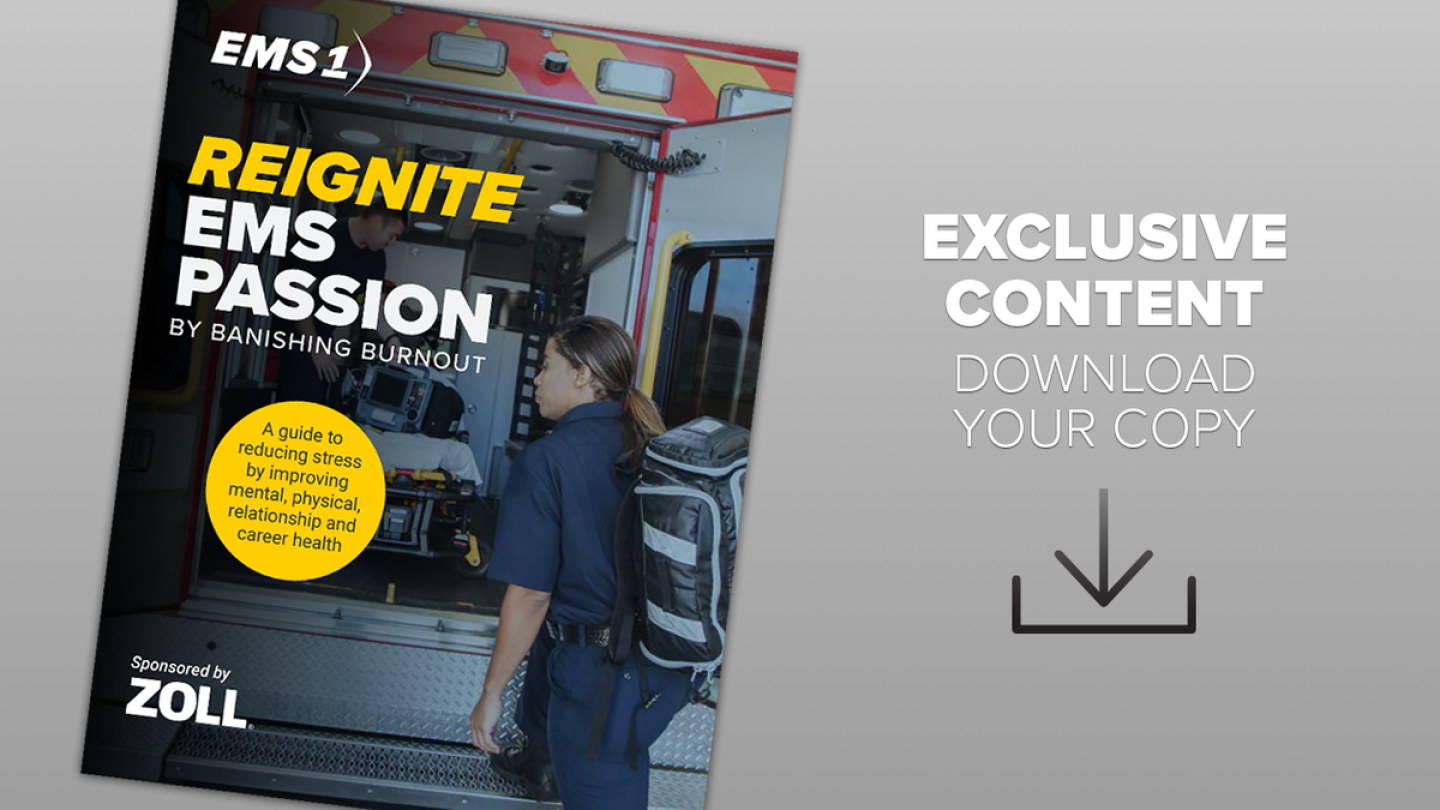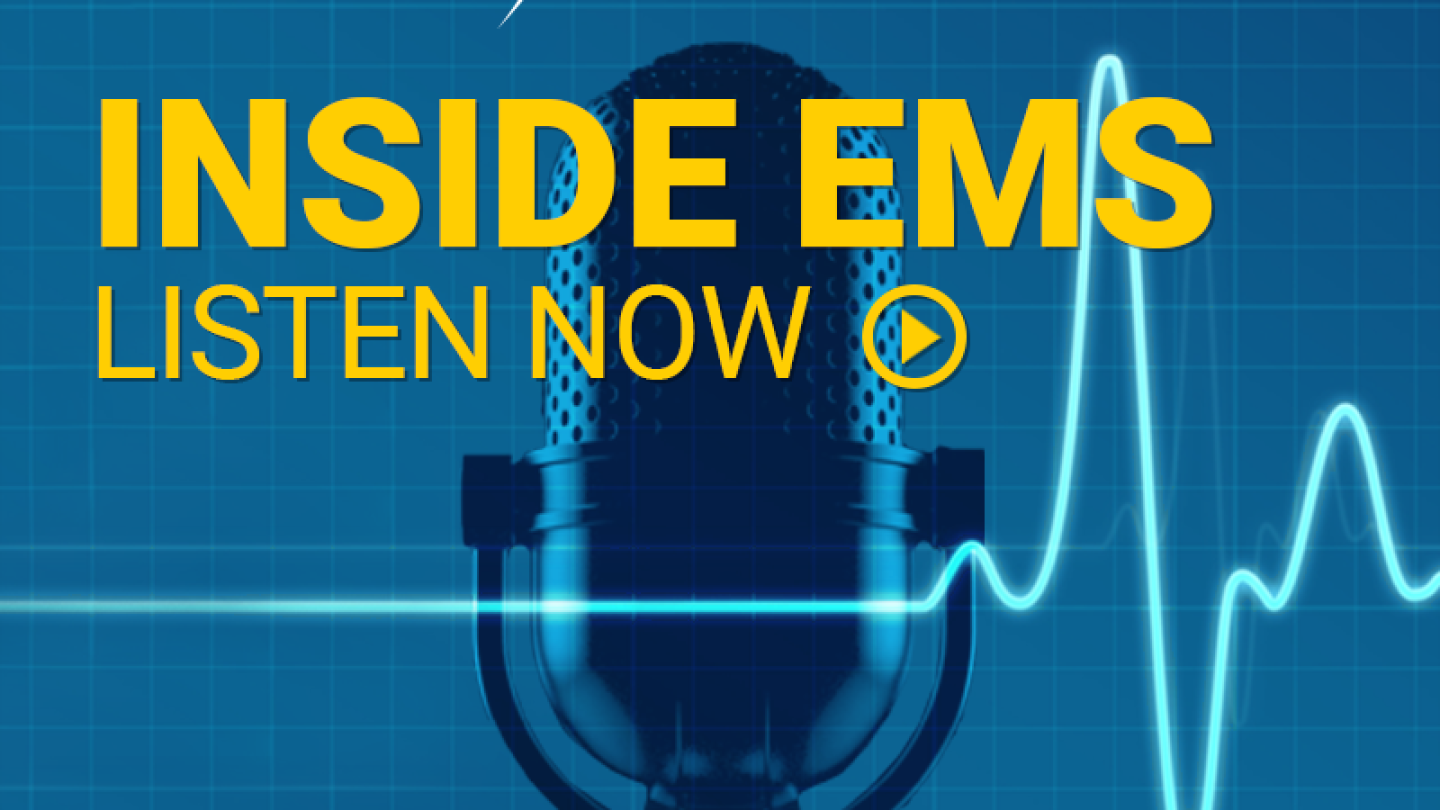PTSD
When I reached a tipping point in my career I realized I needed to change if I was going to last any longer as a medic
Dr. Sara Gilman discusses the importance of an Employee Assistance Program that is tailored to the needs of first responders and their unique experience serving the public
Seven years after the Route 91 Harvest Festival MCI, a paramedic reflects on a frightening moment, and the lessons learned
Learn how therapy can improve communication, provide a safe place for family members to share and gain real-world coping mechanisms
One of the key risk factors for alcohol abuse is post-traumatic stress, something many first responders struggle with
Accepting that the emotions you feel are valid, normal, and real is the first step toward being able to cope with your traumatic experiences in a healthy way
Scott Martin, an Air Force veteran who worked at the Buffalo Fire Department for 12 years, said he uses cannabis to treat PTSD and pain
Processing trauma is more complicated than we think
Do those in public safety do a good job of taking advantage of what’s available to help them in their times of need?
“I needed to help them. I needed to make sure that our people were good and we could take care of these people, and that’s why I chose to stay.”
CAL FIRE Captain Chris Wetzel and his treating mental health provider detail his road from defeat to appreciation in the aftermath of tragedy
Eliminating the distressing sights and sounds of the job is impossible, but we can better prepare first responders for dealing with emotional scenes
The Public Safety Officer Support Act supports first responders who experienced PTSD or died by suicide following exposure to certain traumatic events
A career in public safety amplifies our natural human tendency to anticipate danger, which can be complicated when it expands beyond work
Albany organizations have in-house counselors and debriefing sessions
The HERO Act would create peer-support programs, mental health education and a system to collect information about first responder suicides
MMR shares their journey to adopt a pet who provides unconditional support
Know the four EQ skills that can help build your awareness and empathy
In this episode, our co-hosts reflect on the recent mass shootings in New York, Texas and Oklahoma and how providers should prepare to respond
How to communicate with your family after a tragedy or difficult shift
Heroes Comfort will cover all costs for those agencies that get dogs
Mike Taigman and Nicole Holm join the podcast to discuss resiliency and chaplaincy
An outpouring of support from the first responder community follows the fatal shooting of 19 children and two teachers at a Uvalde elementary school
“Sadly, this isn’t the last time we will see these headlines, but for us, today, put the tourniquet away and focus on the heart and soul of those in our charge.”
A guide to reducing stress by improving mental, physical, relationship and career health
Identify the risk factors that can diminish resilience and learn how to address six key areas of life that impact health and wellbeing
Transitioning EMS mental health care from reactive to proactive
In this episode, our co-hosts touch on the topics of self-awareness and emotional intelligence, and suggest tips to help cope when individuals feel emotionally out of control
The rise in death notifications during the COVID-19 pandemic has highlighted the lack of training and impact on EMS provider burnout
We do everything we can in the hope we’re wrong about what is happening to the smallest of victims
“If someone brings you the gift of rage, irritation or resentment, you can choose not to accept it”
Austin leaders are considering rule changes after a Texas law approved low-THC products to treat PTSD


